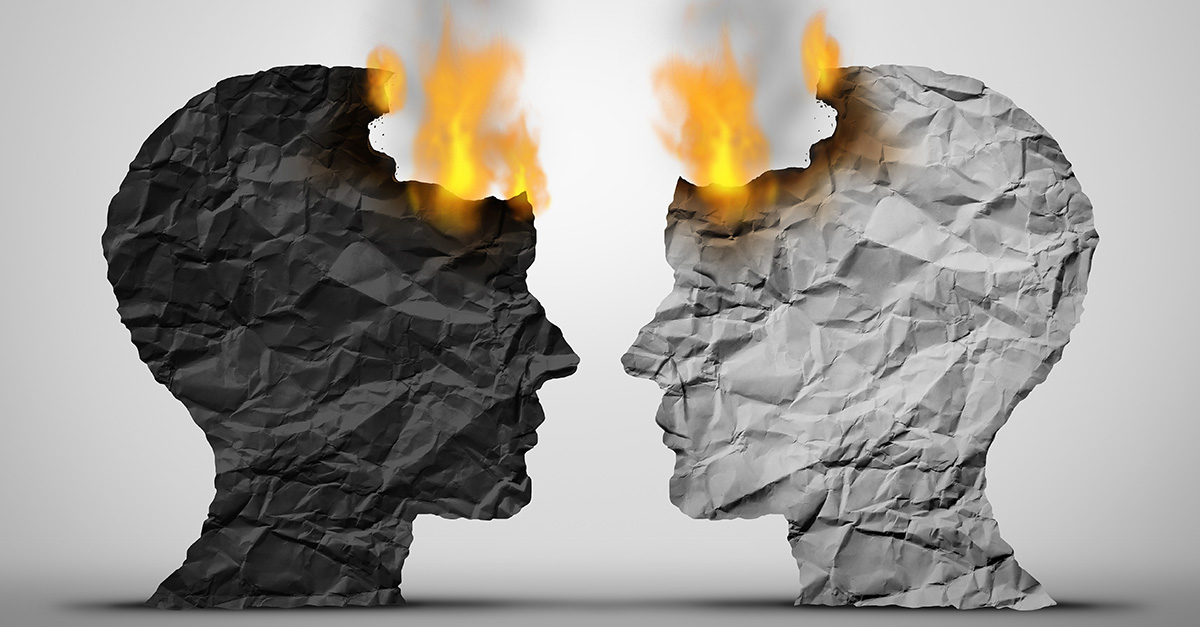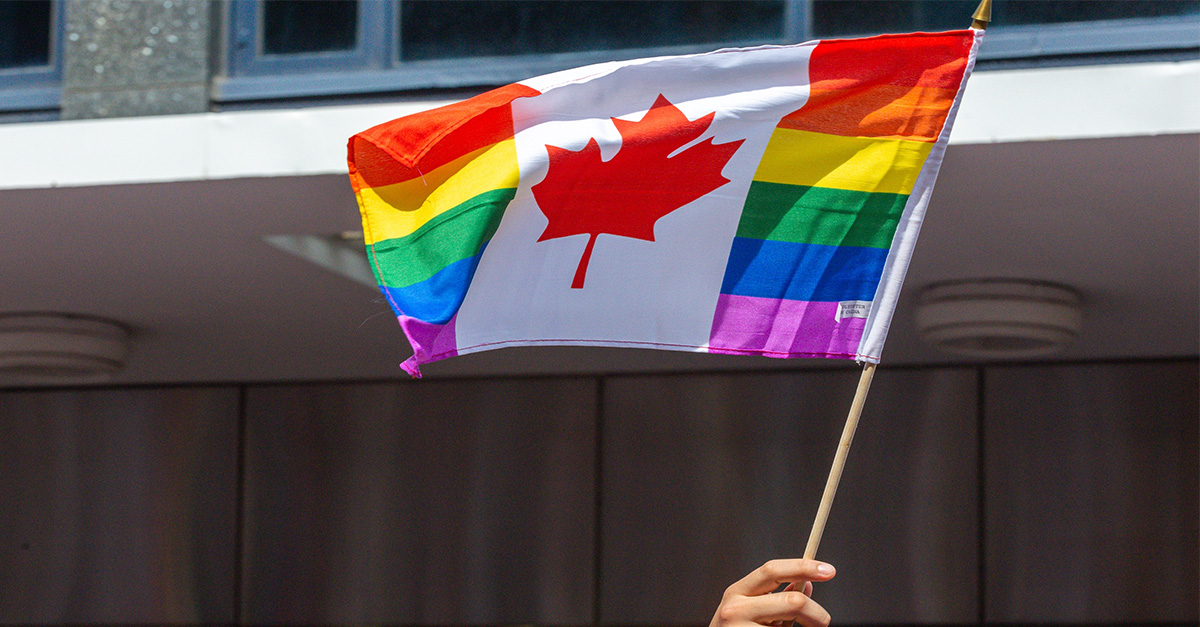


Get a free copy of Parental Rights & Education when you subscribe to our newsletter!

After four years of Diversity, Equity, and Inclusion (DEI) programming, the only result is more racial suspicion and grievance and a lot less racial harmony.
The DEI craze that stormed America after George Floyd’s death wasn’t some groundbreaking movement. It was a repackaged version of the left’s long-standing obsession with “social justice,” rebranded to sound more corporate-friendly. But the core of “Diversity, Equity, and Inclusion” was always the same: leftist assumptions about race and a disdain for America’s capitalist system.
Of course, DEI proponents didn’t lead with “Let’s overthrow capitalism, comrade!” They sold their agenda as an empathetic effort to amplify marginalized voices, build diverse teams, and reduce racial bias and discrimination. The result, however, was policies that deepened racial divisions, encouraging people to view each other suspiciously based merely on skin color.
In short, what we got was identity politics on steroids, making people either feel victimized or vilified based on imaginary sleights. And now, a study puts data behind the discomfort many Americans feel about the racial paranoia stoked by the DEI cabal.
Researchers at Rutgers University recently published a report titled Instructing Animosity: How DEI Pedagogy Produces the Hostile Attribution Bias. The study asked a simple question: Do DEI programs actually “foster pluralistic inclusiveness, or do they exacerbate intergroup and interpersonal conflicts?” This is a valid inquiry, given that 52 percent of Americans endure DEI training sessions at their jobs, fueling an $8 billion-a-year industry.
Here’s how the experiment worked: More than 400 undergraduates were split into two cohorts. One read a “neutral” passage on American corn output (yes, corn), while the other read excerpts from DEI media darlings Kendi and DiAngelo.
The corn essay was a snoozefest:
“America has just about 90 million planted acres of corn, and there’s a reason people refer to the crop as yellow gold. In 2021, U.S. corn was worth over $86 billion, based on calculations from FarmDoc and the United States Department of Agriculture. According to the USDA, the U.S. is the largest consumer, producer, and exporter of corn in the world.”
Meanwhile, the DEI passage was predictably divisive:
“White people raised in Western society are conditioned into a white supremacist worldview. Racism is the norm; it is not unusual. As a result, interaction with White people is at times so overwhelming, draining, and incomprehensible that it causes serious anguish for People of Color.”
Then, participants evaluated this hypothetical:
“A student applied to an elite East Coast university in Fall 2024. During the application process, he was interviewed by an admissions officer. Ultimately, the student’s application was rejected.”
That’s it. There was no mention of race or discrimination — just that the student didn’t make the cut.
The results were telling. The DEI-primed group was 21 percent more prone than the corn readers to attribute the outcome to racial prejudice. They were also quicker to accuse the admissions officer of being “unfair,” causing harm, and committing “microaggressions,” all without evidence. Many of them backed suspending the official and mandating another round of DEI re-education.
The researchers didn’t mince words on their findings:
“The evidence presented in these studies reveals that while purporting to combat bias, some anti-oppressive DEI narratives can engender a hostile attribution bias and heighten racial suspicion, prejudicial attitudes, authoritarian policing, and support for punitive behaviors in the absence of evidence for a transgression deserving punishment.”
In plain terms, DEI isn’t reducing racial bias — it’s supercharging it.
Yet there’s hope.
Americans have rejected woke overreach at the ballot box, and even corporations like Walmart and John Deere are reevaluating their DEI infrastructures.
Still, this $8 billion business won’t die quietly. After all, where else can wealthy liberal women fork over money to be berated by “anti-racism” consultants for their alleged subconscious racism?
The saddest part of all this is how so many church leaders fell for this charade. Some went as far as staging ridiculous stunts where whites washed the feet of blacks — not out of personal repentance but to atone for progressive white guilt. Others uncritically accepted the premise that racial disparities automatically prove discrimination, ignoring the deeper complexities of sin, personal responsibility, and family breakdowns.
Christians, of all people, should have seen through this scam. The Bible is clear: We’re all descendants of one man, made in God’s image. Dividing people into oppressor and oppressed categories based on skin color distorts the Gospel, substituting biblical sin with racial grievance.
The real question now is: How many pastors duped by this ideology will publicly repent?
If you like this article and other content that helps you apply a biblical worldview to today’s politics and culture, consider making a donation here.

Notifications